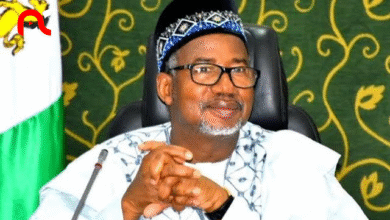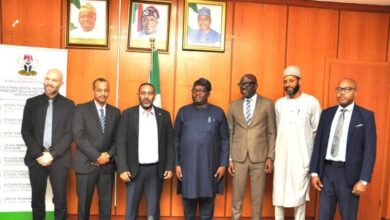Rolls-Royce strikes $5.8 bn pension deal with UK insurer
Rolls-Royce agreed Britain’s largest ever transfer of corporate pension risk, announcing on Thursday it would shift 4.6 billion pounds ($5.8 billion) of assets to insurer Legal & General.
Companies are increasingly transferring pension obligations to insurance companies to remove the risk of such schemes from their balance sheets. Consultants predict 30 billion pounds worth of UK pension transfer deals this year.
Rolls-Royce, which makes engines for the Boeing 787 Dreamliner and the Airbus A350 XWB will transfer the assets and liabilities of around 33,000 pensioners in its UK Pension Fund, it said in a statement, out of a total 76,000 members.
READ ALSO: BRT Operator, Primero Transport Services Acquire N16.5 Billion
The deal will reduce the company’s post-retirement obligations by around 4.1 billion pounds, leaving the remaining liabilities smaller and carrying less risk.
“This agreement will result in increased security for Rolls-Royce pensioners and reduced risk for our business,” said Joel Griffin, Rolls-Royce head of pensions.
As part of the deal, Rolls-Royce said it would pay L&G around 30 million pounds in cash.
The transaction is another step in the simplification of Rolls-Royce initiated by chief executive Warren East nearly four years ago.
He has stripped out layers of management, simplified production processes and tackled finances to make the company fit for the future.
The company’s shares, which have risen 9% in the last 12 months, were trading up 1% at 891 pence at 0730 GMT.
L&G, which has flagged pension risk deals – or bulk annuities – as one of its areas of focus, said it had agreed 6.2 billion pounds of deals so far in 2019, up from 700 million pounds in the same period a year ago.
“We have a unique combination of pension, actuarial and structuring expertise coupled with the capacity to create and source long-term direct investments at scale,” L&G Chief Executive Nigel Wilson said in a separate statement.
Shore Capital analyst Paul De’Ath said in a note to clients that L&G was well positioned for winning the bulk annuity mandates when they become available. He rates L&G a ‘Buy’ with a target price of 260 pence a share.
Yetunde Adegoke (Reuters)












